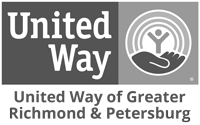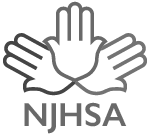As family caregivers, we often play many roles, including scheduler, financial manager, housecleaner, encourager, nurse, navigator, nurturer and more. Perhaps the most important role, though, is advocate, as we ensure the best life possible for our family and friends when they are vulnerable.
That includes understanding their wishes for care and quality of life and making sure they’re adhered to; helping loved ones manage finances and legal matters; and making certain they receive appropriate and high-quality services and treatments when they need them. We are their voice when they are unable to advocate for themselves.
If the thought of being an advocate for others seems overwhelming, relax. You probably already have the skills to be effective; you just need to develop them and apply them in new ways. A few skills that I think are most important:
1. Observation. We are often too busy or exhausted to notice small changes, but sometimes the slightest shift in our loved ones’ abilities, health, moods, safety needs or desires is an indicator of a much larger problem or health challenge, and catching those changes early can make all the difference. Observing the services they are receiving and adjusting any subpar care are another crucial responsibility.
How to get better at it: Try developing your observational skills through mindfulness and meditation (which can also lower your stress levels). Practice in a class, through yoga instruction or with a mindfulness app. Get adequate sleep to keep your mind clear. Take notes of your observations so you can track changes over time.






Leave a Reply